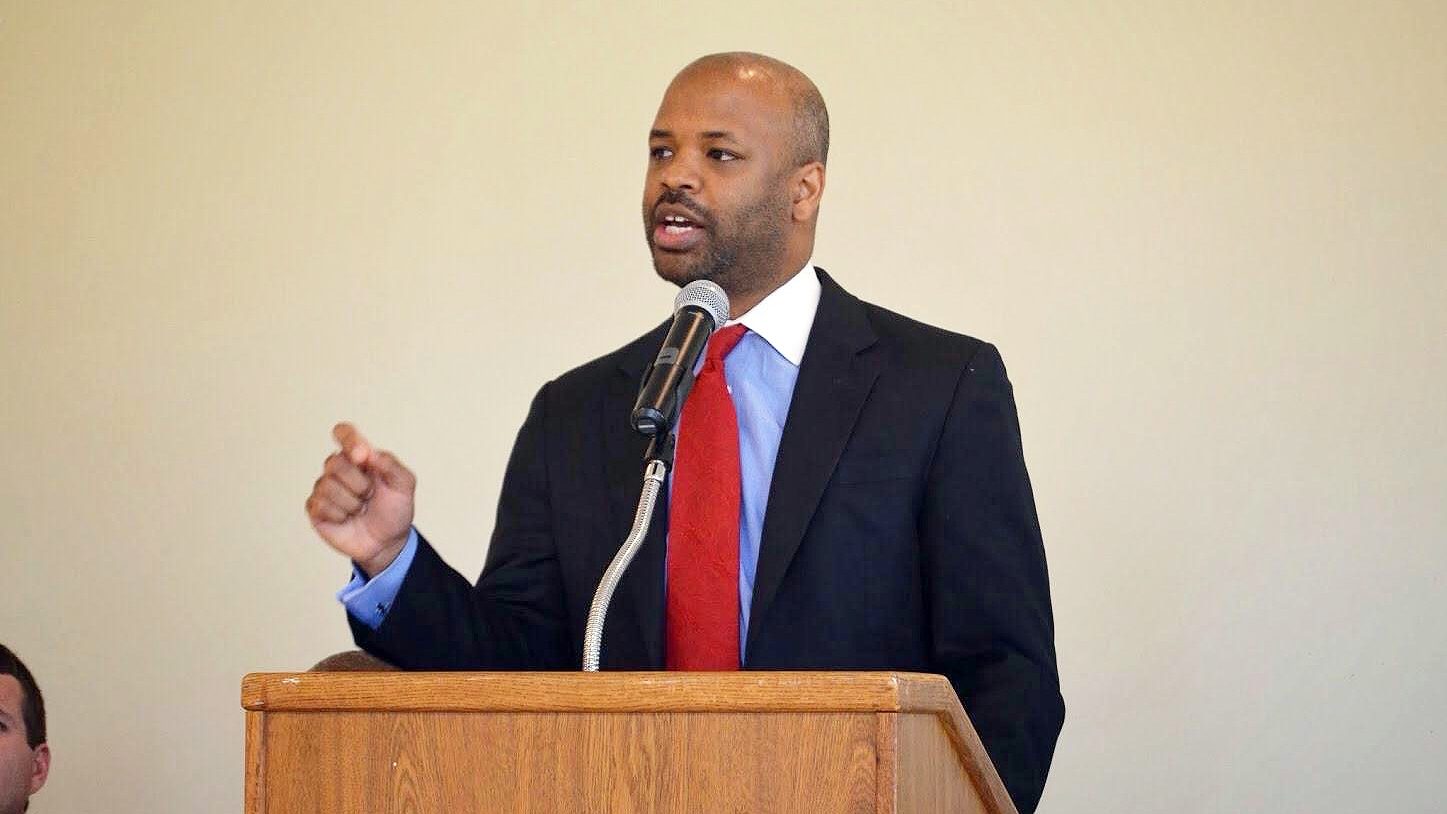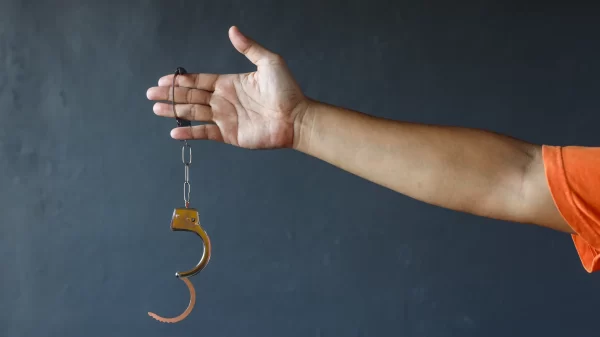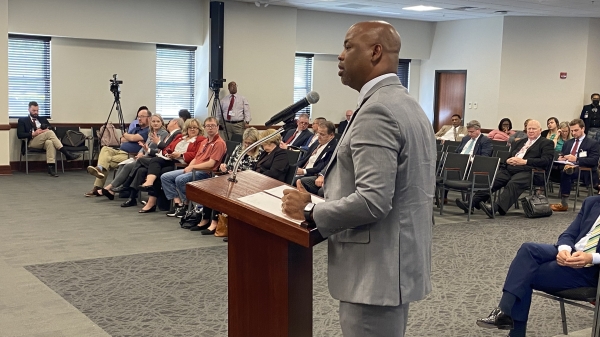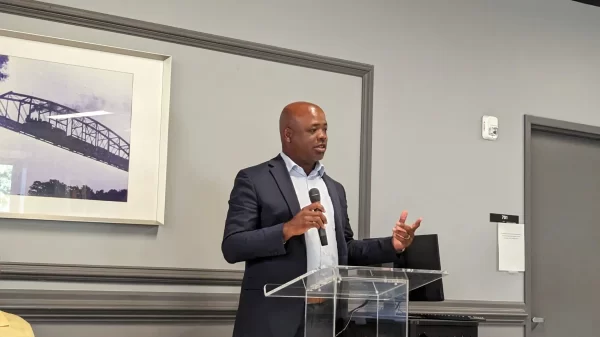A House committee Wednesday approved a bill that would establish a council to create guidelines for the parole of incarcerated individuals.
The bill would create the Criminal Justice Policy Development Council to oversee needs and his assessments and parole guidelines. It will also require those guidelines to be used when it makes parole decisions and must state its reasoning if going against the release guidelines.
“These guidelines are not mandatory, but if you deviate from them, you have to articulate a reason,” said Rep. Chris England, D-Tuscaloosa, the bill’s sponsor.
According to the Alabama Board of Pardons and Paroles’ latest available statistical report, which captures FY22 Oct-Dec, ABPP’s guidelines recommended that the Board grant parole in 79 percent of cases heard during this time period, but the board actually granted parole in only 11 percent of those cases. The chart indicates the parole board has a “conformance rate” of 32 percent, meaning the board is making decisions that conform with its own guidelines in only about one-third of its cases.
In addition to requiring a written statement when deviating from the parole guidelines, the bill also creates an appeal process for incarcerated individuals who are denied parole in deviation from the guidelines.
“The guidelines are currently being ignored,” England said. “This bill takes those guidelines and validates them, and create some oversight in the event the board is ignoring its own guidelines, policies and procedures. It gives us the ability to hold them accountable.”
The bill calls for the parole release guidelines to assess
- The prisoner’s risk to reoffend, based on a validated risk and needs assessment
- Progress by the prisoner in complying with the Department of Corrections’ plan for reentry.
- Input from the victim or victims, the family of the victim or victims, prosecutors, and law enforcement entities.
- Participation in risk-reduction programs while incarcerated.
- Institutional behavior of the prisoner while incarcerated.
- Severity of the underlying offense for which the prisoner was sentenced to incarceration.
- Any interview or statement from the prisoner.
The council would be composed of the executive director of the Alabama Sentencing
Commission, the secretary of the Department of Corrections, the director of the Board of Pardons and Paroles, and the director of the Legislative Services Agency. It would be dissolved Jan. 1, 2025.




















































